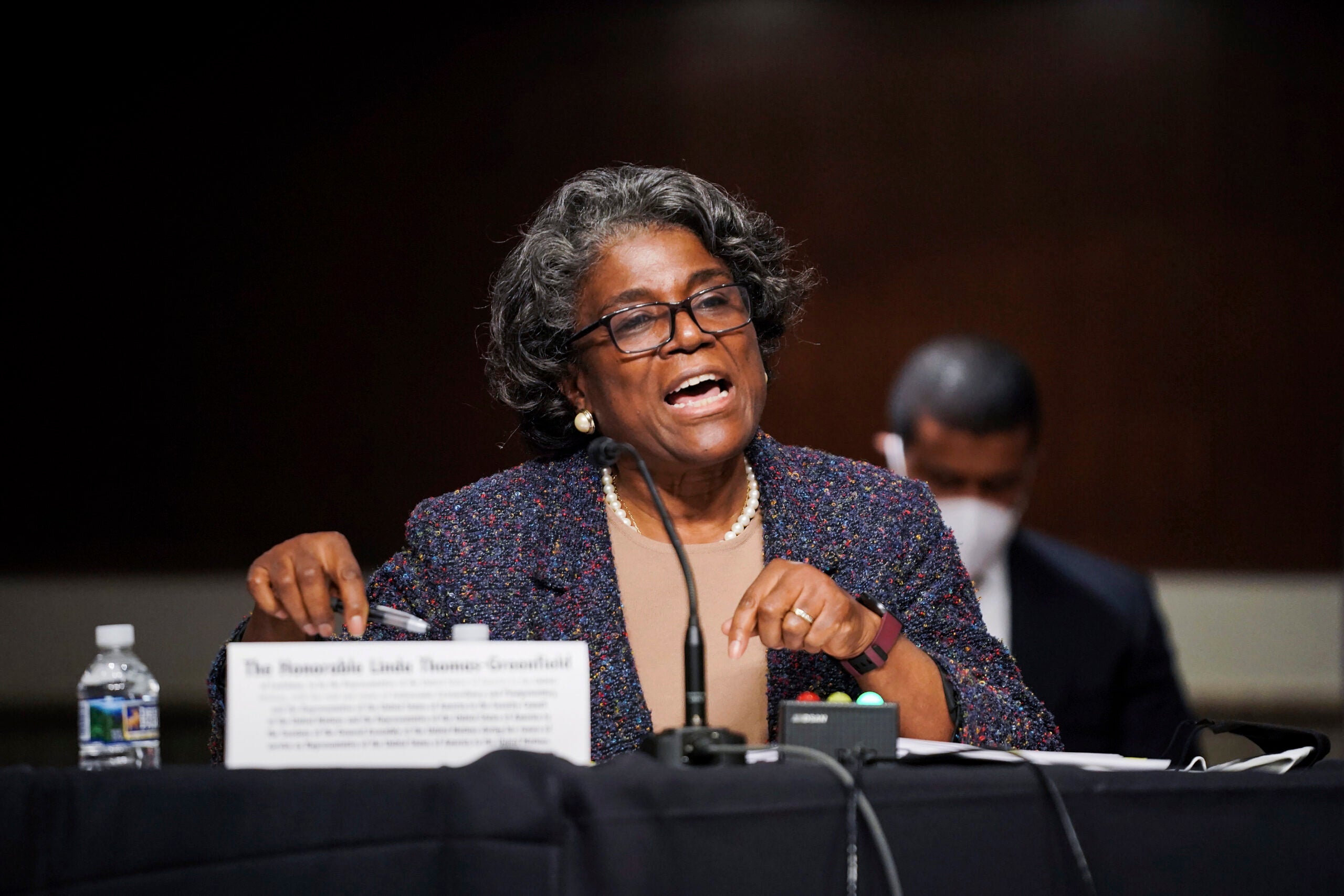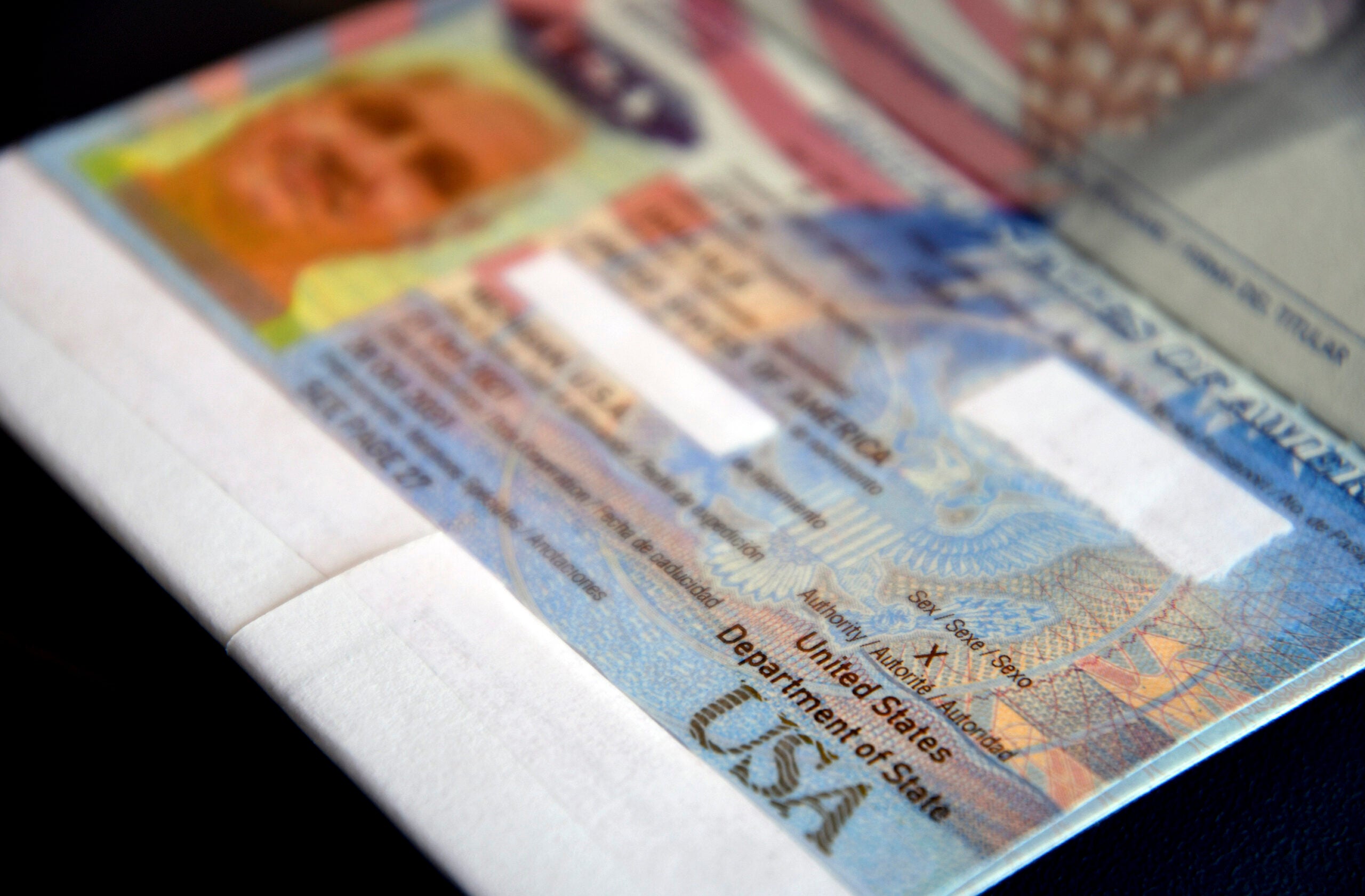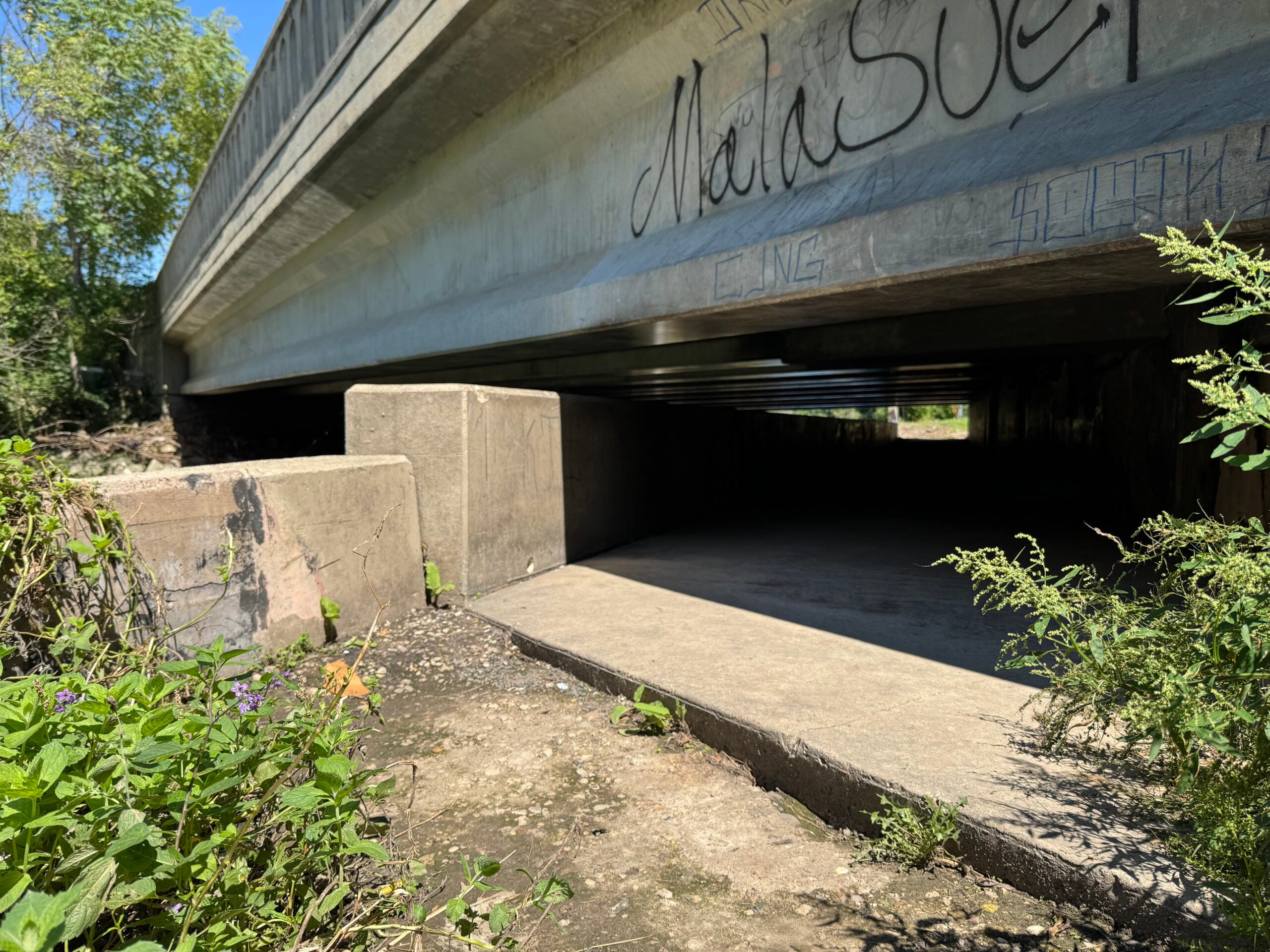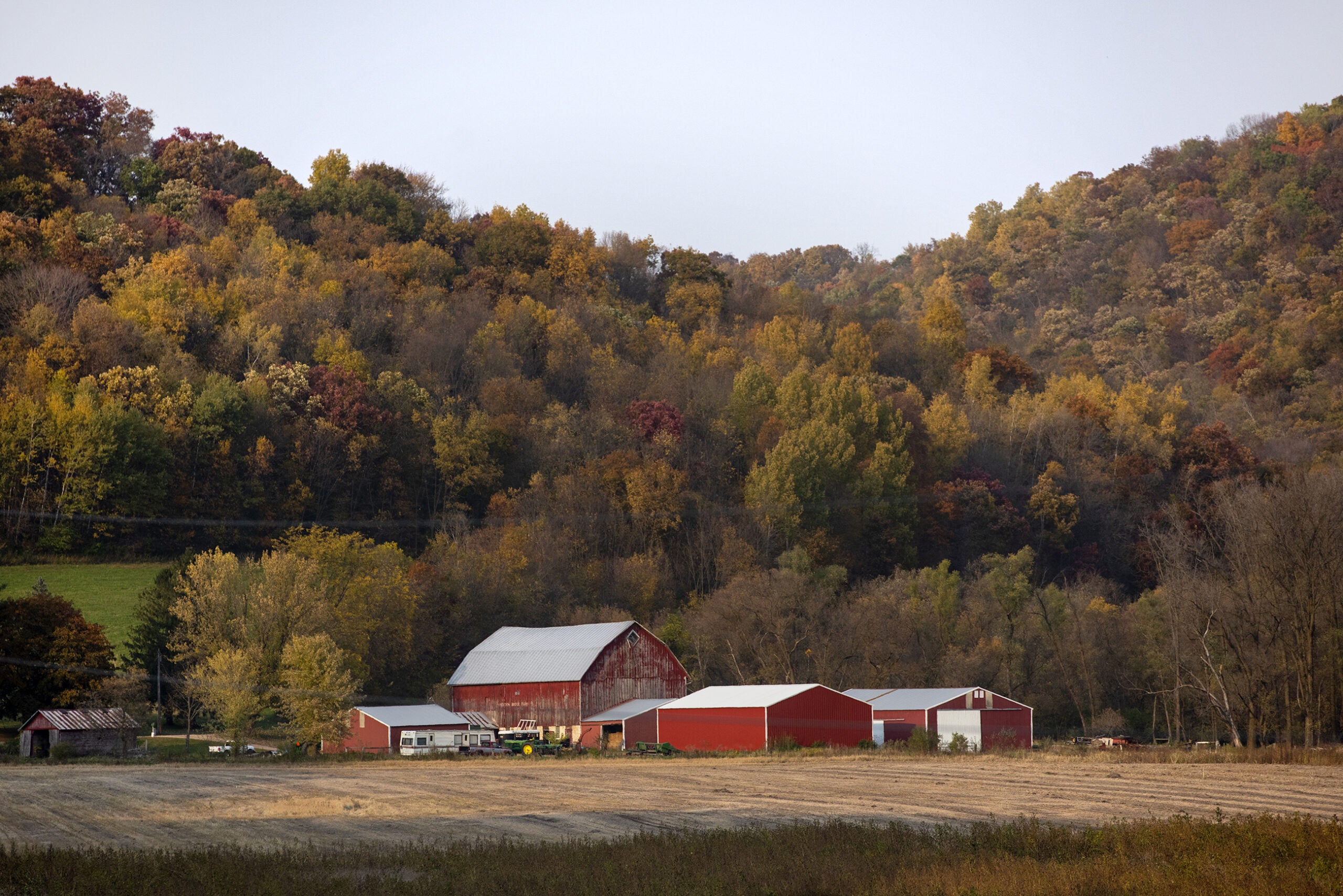Conflicts and crises on the other side of the planet can feel disconnected from what people in Wisconsin and the U.S. experience day to day.
But the former U.S. ambassador to the United Nations, Linda Thomas-Greenfield, spent her decades-long career in Foreign Service seeing the domestic connections firsthand.
“If instability is happening someplace in the world, it does have an impact on us,” she told WPR’s “Wisconsin Today.” “We may see it in terms of extra migrations to the United States. We’ll see it in terms of conflict. We have Americans who live and work in these countries. Their lives are in danger.”
News with a little more humanity
WPR’s “Wisconsin Today” newsletter keeps you connected to the state you love without feeling overwhelmed. No paywall. No agenda. No corporate filter.
“So it does have an impact on us,” she added. “I do think, as Americans, we care, we have a sense of compassion that I’m very, very proud to be associated with.”
Thomas-Greenfield — who served as the U.S. ambassador to the United Nations during the administration of President Joe Biden — is bringing her global perspective to Wisconsin for a public talk at her alma mater, the University of Wisconsin-Madison. She’s speaking with the La Follette School of Public Affairs on April 1 about her career foreign diplomacy and how to work better with people who have conflicting opinions.
The ambassador spoke to WPR ahead of the event to discuss the current humanitarian crisis in Sudan, federal cuts to international aid programs and why these issues should matter back home.
The following was edited for clarity and brevity
Kate Archer Kent: Before your term as UN ambassador ended, you announced the U.S. would supply more than $400 million in additional humanitarian aid to help with the crisis in Sudan. What is happening there now? What kind of suffering are Sudanese people experiencing?
Linda Thomas-Greenfield: More than 25 million people in Sudan have been forced from their homes and are on the verge of starvation because of a civil war that is taking place between two generals — two men who are fighting for their ambitions, not fighting for their people, not fighting for their country, but fighting for positions against each other.
More than a million of those people have gone across the border into the country of Chad. I visited Chad twice during my tenure as ambassador and saw the misery, saw the starvation and and saw the lack of hope.
KAK: In recent months, we’ve seen the U.S. cut back on its funding for foreign aid that includes Sudanese refugees. What might happen when these people are cut off from this funding?
LTG: We’ve already seen the results of that, as we start to hear from various places in the world that people are desperate and that they are facing starvation.
And here in the United States, we have farmers who provided that assistance, and their products are sitting on their farms or in ports, not being moved. We have American jobs that are connected to our aid programs, and those jobs also have been impacted.
KAK: Has it been difficult for you to see the DOGE team and Elon Musk trying to permanently close USAID programs?
LTG: My heart is breaking. I have worked on these issues for my entire career, in fact, more than half of my life. I came into the Foreign Service at 29, and I remember my first visit to a refugee camp with a USAID employee who had committed her life to supporting humanitarian programs.
I kind of learned the job from her and many others from USAID. So my heart is breaking for those people. It’s breaking for the people that they helped, and it’s breaking for their families.
KAK: The Trump administration has been framing these cuts as canceling programs that did not serve the core interests of the U.S., alleging fraud and misuse. When you were ambassador, how did USAID funded programs serve the interests of the country? How did agencies prevent fraud or misuse of funds?
LTG: In my early years in the Foreign Service, I worked as a refugee coordinator. That job was to provide assistance to refugee camps, and some of that assistance was provided by USAID. My responsibility was to ensure that there was no waste and no fraud.
I don’t deny that on occasions, we would find some areas where there were difficulties, but the purpose was to make sure that didn’t happen, to ensure that it stopped and to hold people accountable who were taking advantage of our aid programs.
So I have heard the complaints, I’ve heard the accusations, and my response to that is, that’s why we have people like me — people like our USAID colleagues — who are monitoring and evaluating these programs to ensure that they are meeting the requirements that were put in place.
KAK: I imagine there is always unfinished business in Foreign Service and always work to do on negotiating peace, humanitarian assistance and economic security. Did that to-do list ever seem insurmountable to you, that you knew that the work was never done?
LTG: The work is never done. It does not seem insurmountable, because I believe in taking one step at a time, and that one step is success. I spent my entire career believing that the work that I did would have an impact, ever so small, on the lives of people, and I continue to feel that way.
I do want to continue to devote my life to supporting humanitarian efforts and, even more importantly, encouraging the next generation. That’s part of why I was so enthusiastic to come to Madison to have this discussion, because I don’t want young people to get discouraged by what they’re seeing in the world today.
I want them to continue to feel a commitment to public service, to helping people, to doing the diplomacy that is necessary for U.S. leadership to remain in the forefront.






